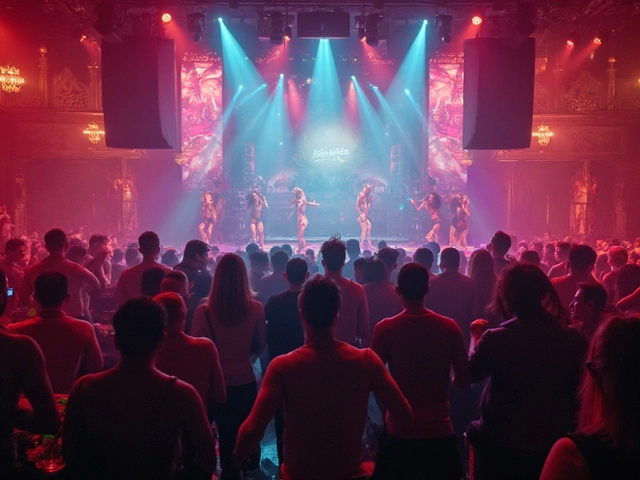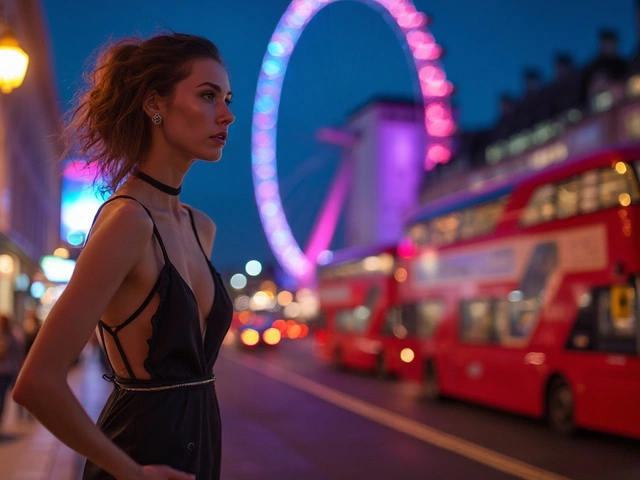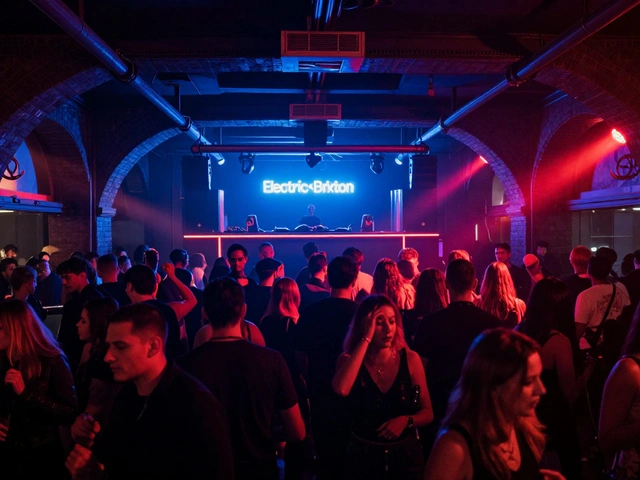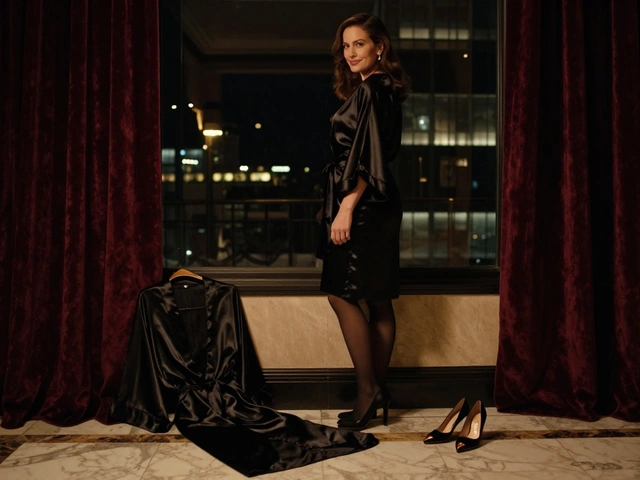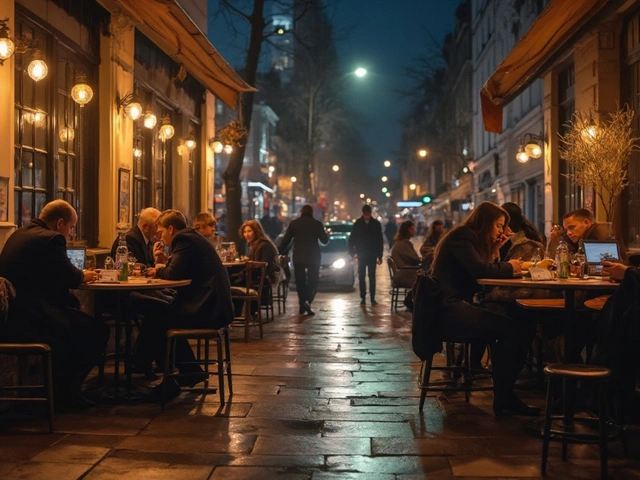London queer nightlife: Where the city's most authentic after-dark scenes come alive
When you think of London queer nightlife, the vibrant, unfiltered, and deeply cultural after-dark experiences shaped by LGBTQ+ communities across the city. Also known as LGBTQ+ nightlife, it’s not just about dancing—it’s about belonging, resistance, and joy in spaces built by and for those who’ve been pushed to the margins. This isn’t a checklist of gay bars. It’s the raw, loud, soulful heartbeat of a city that’s changed music, fashion, and culture because of its queer pioneers.
At the core of this scene are places like Fabric, a legendary underground club in Bermondsey that’s hosted queer DJs and dancers for over two decades, and Electric Brixton, a South London hub where grime, reggae, and queer rave culture collide under one roof. These aren’t tourist traps. They’re living archives. The sound systems here were built by people who refused to be silenced. The walls remember the parties that started during the AIDS crisis, the protests that turned into dancefloors, and the nights when someone found their tribe for the first time.
What makes London queer nightlife different from the rest? It’s not the glitter or the drag—it’s the truth. You won’t find curated Instagram backdrops here. You’ll find a 70-year-old trans woman teaching a 19-year-old non-binary kid how to read the room on the dancefloor. You’ll find a basement in Shoreditch where the only dress code is being yourself. You’ll find bars that stay open until 4 a.m. because the night isn’t over until everyone’s had their moment.
This scene doesn’t need permission. It doesn’t wait for brands to sponsor it. It’s built by people who show up—whether they’re DJs spinning vinyl from their own record collections, bartenders who remember your drink, or strangers who become family by sunrise. The energy here isn’t sold—it’s shared. And that’s why it survives.
From the leather-clad crowds at The Eagle to the glitter bombs at Heaven, from queer poetry nights in Dalston to all-night techno raves in Peckham, this is a city where identity isn’t a marketing angle—it’s the foundation. You’ll find spaces that welcome drag kings, trans dancers, queer POC collectives, and older LGBTQ+ folks who’ve been doing this since before the internet. And yes, you’ll also find the quiet corners where someone just needs to sit, breathe, and feel safe for the first time in weeks.
What you’ll find below isn’t a list of "best clubs." It’s a collection of real stories—from people who’ve danced through lockdowns, who’ve booked private events in hidden venues, who’ve turned a single night into a turning point. These posts don’t sugarcoat it. They talk about prices, safety, how to find the right space, and why some nights change you more than any date, job, or relationship ever could. This is London queer nightlife as it actually is: messy, magical, and fiercely alive.
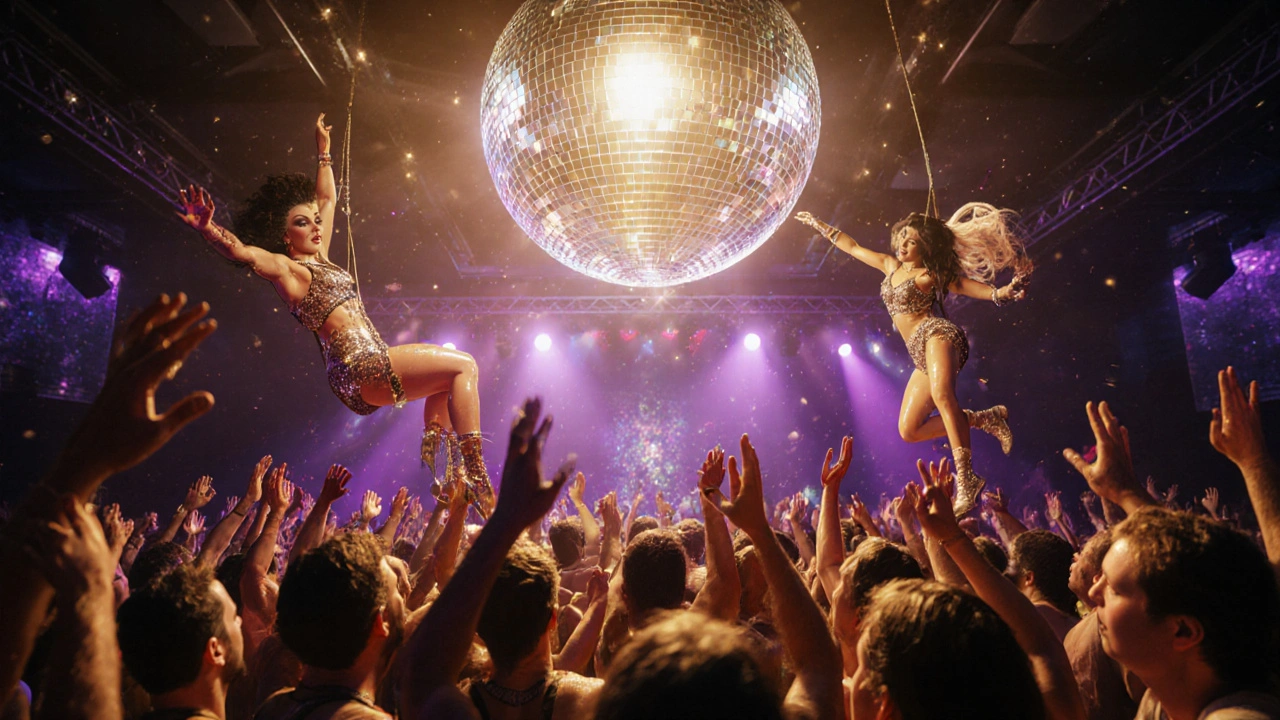
- Nov 14, 2025
- Posted by Astrid Kensington
Why Heaven Nightclub is London’s Ultimate Nightlife Destination
Heaven Nightclub in London is the city’s most iconic queer nightlife destination, offering drag shows, legendary dance floors, and a welcoming community that’s stood strong for over 45 years.

